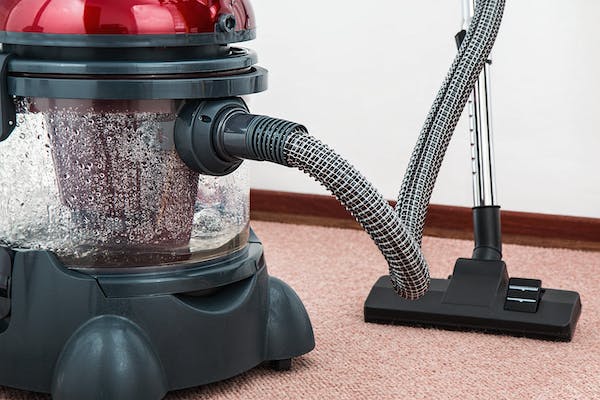When you’ve been injured on the job, workers’ compensation can be a vital safety net that ensures you receive the medical care and financial support you need. However, navigating the workers’ compensation system can be challenging, especially when you’re up against seasoned insurance adjusters whose job is to minimize their company’s financial liability.
To protect your rights and interests, it’s essential to be aware of the tactics often employed by workers’ comp adjusters. In this article, we’ll explore 10 tricks commonly used by these professionals and how you can protect yourself from falling victim to them.
1. Delaying Claims
One of the most common tactics used by workers’ comp adjusters is to delay claims. They may request additional information, ask for more documentation, or simply take their time processing your claim. This delay can be frustrating and financially burdensome, as it may leave you without the compensation you need to cover medical bills and lost wages.
To counter this tactic, stay organized and keep records of all communications and documents related to your claim. Maintain open lines of communication with your employer and the insurance company to ensure your claim progresses as smoothly as possible.
2. Downplaying Injuries
Another tactic adjusters use is downplaying the severity of your injuries. They may argue that your injuries are not as serious as you claim or that they were pre-existing conditions. To protect yourself, seek immediate medical attention after an injury, and make sure your healthcare provider documents all injuries and their cause. This medical documentation can serve as critical evidence to support your claim.
3. Surveillance
Workers’ comp adjusters may hire private investigators to conduct surveillance on injured workers. They aim to capture footage of you engaging in activities that suggest you are not as injured as you claim. To counter this, be cautious about your activities while your claim is ongoing and avoid any physical activities that could be used against you. However, do not exaggerate your injuries or restrict your activities unnecessarily, as this could harm your credibility.
4. Pressure to Settle
Some adjusters may pressure injured workers to settle their claims quickly and for less than they deserve. They might use tactics like emphasizing the lengthy legal process or offering a small, upfront settlement to entice you to agree. It’s crucial not to rush into a settlement without carefully considering the long-term consequences. Consult with an experienced workers’ compensation attorney who can help you evaluate the fairness of any settlement offer.
5. Inadequate Medical Evaluations
Workers’ comp adjusters may require you to see their preferred doctors for medical evaluations. These doctors may have a history of downplaying injuries to benefit the insurance company. If you have concerns about the impartiality of a medical evaluation, consult with your attorney and consider seeking a second opinion from a trusted healthcare provider.
6. Incomplete or Inaccurate Forms
Insurance adjusters often use complex paperwork to confuse claimants or gather information that can be used against them. It’s essential to read all forms carefully and consult with an attorney if you don’t understand any part of the process. Never sign anything without knowing what it entails and how it will affect your claim.
7. Misleading Information
Some adjusters may provide incorrect or incomplete information about your rights and the workers’ compensation process. To protect yourself, educate yourself about your state’s workers’ compensation laws, and consult with an attorney who specializes in workers’ comp cases. This will help you understand your rights and ensure that you receive the benefits to which you are entitled.
8. Settling for Less
Adjusters often try to settle claims for less than they are worth. They may use various tactics, such as undervaluing your injuries or offering lump-sum settlements that may not cover your long-term medical expenses. To avoid settling for less than you deserve, consult with an experienced attorney who can assess the true value of your claim and negotiate on your behalf.
9. Threatening Denial
Adjusters may threaten to deny your claim or suggest that you won’t receive benefits if you pursue legal action. Remember that you have the right to appeal a denial and seek legal representation to protect your interests. Don’t let threats deter you from pursuing the compensation you deserve.
10. Attempting to Close Your Case Prematurely
Adjusters may try to close your workers’ comp case prematurely, leaving you without future benefits or medical coverage. Ensure that you have fully recovered from your injuries before agreeing to the closure of your case. Consult with your healthcare provider to determine when it’s safe to consider closing your claim.
In conclusion, while workers’ compensation is designed to support injured workers, insurance adjusters often employ various tactics to minimize their company’s financial liability. By being aware of these tricks and seeking legal counsel when necessary, you can protect your rights and ensure that you receive the full benefits you deserve.
Remember that the workers’ comp system is meant to provide a safety net for workers like you, and you should not be afraid to assert your rights when necessary.














